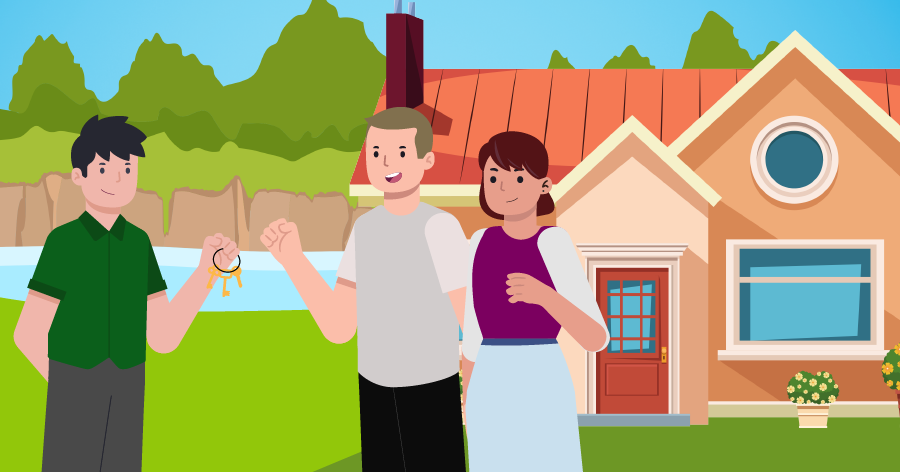Owning a vacation home, whether it's a cozy vacation cabin or a country estate, is a dream for many and a revenue source for others. However, insuring your second home or short-term rental property requires careful consideration to ensure you're fully protected. A second home, such as a seasonal or vacation home, requires a separate homeowners insurance policy from your primary. Here's what you need to know about secondary home insurance.
Policy Considerations and Coverage
Lenders or condo associations often require insurance to protect their investments. Ensuring your second home is covered for disasters, personal liability, and financial loss is crucial. A second home insurance policy typically covers damage to the structure, personal liability, and personal property. Depending on the home’s location, you may need additional coverage for hurricanes, floods, or earthquakes.
Consulting an independent insurance agent can help make sure that nothing is overlooked, and that the home and your finances are protected.
Renting Your Vacation Home
If you rent out your vacation home, additional coverage is required. Long-term rentals may need landlord insurance to protect the home and rental income. Additional coverage might be necessary for services like Airbnb.
Cost and Premium Factors
Second home insurance is generally more expensive, all else equal, due to several higher risk factors:
- Location: Homes in coastal or wildfire-prone areas incur higher premiums.
- Type of Property: The type of home (e.g., single-family, townhome) and its features (e.g., hot tub, pool) affect rates.
- Weather Risks: Properties in flood or wildfire zones are costlier to insure.
- Occupancy: Second homes are more susceptible to burglary, hazards, vandalism, and liability issues.
How to Save on Second Home Insurance
Reducing premiums on your second home insurance can be achieved through several strategies. Installing security systems, such as security cameras and risk-prevention systems, can significantly lower your insurance costs by reducing the risk of theft and damage. Bundling your primary and secondary home insurance policies might also provide discounts. Another smart way to save and prevent claims is by installing an automatic water shut-off device
Additional Considerations
Ensure adequate coverage for potential natural disasters, especially if the home is unoccupied. This will safeguard your investment and provide peace of mind. Verify if your primary homeowners insurance covers a second home. If it doesn’t, you will need a separate policy to ensure full protection for your vacation property.
By understanding the unique coverage requirements and taking the right steps, you can effectively insure your second home and protect your valuable investment. Talk to your MetzWood representative to learn more!


